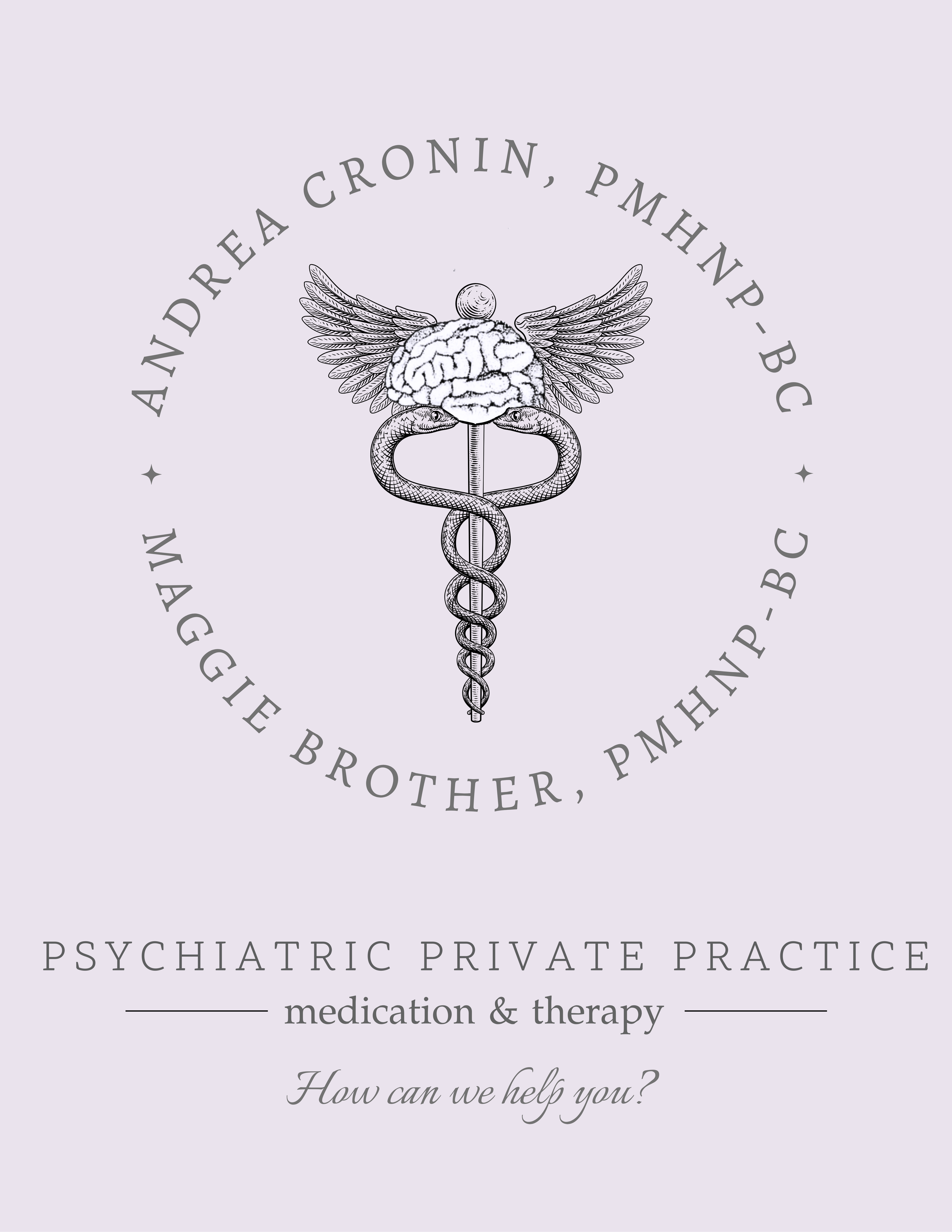Postpartum Depression (PPD) is a serious mood disorder that is associated with a woman giving birth. Childbirth can be an extremely terrifying, stressful, and beautiful experience. The severity of the delivery varies from woman to woman, and medical advancements over the centuries have vastly improved the overall experience of childbirth as well as the safety of both mother and baby. However, there are still risks in solved with childbirth, regardless of how easy or tough the delivery is, such as Postpartum Depression.
Postpartum usually occurs within the first couple fo weeks after giving birth, and there are several factors that may contribute to this specific type of depression, such as:
- Sleep deprivation
- Changes in hormone regulation after giving birth, which is quite common
- Family mental health history
- The mother’s predisposition of experiencing depression
- Complications giving birth
- Drug or alcohol abuse
- Lack of support from friends or family
Some symptoms of Postpartum are excessive crying, irritability, thoughts of harming oneself or the baby, severe depression that lasts longer than a week or two, feelings of numbness or feelings of inadequacy. Other symptoms may include feeling hopeless or useless, or the inability to make decisions or think clearly. Some new mothers have also expressed feeling as if they are inconsolable and nothing can make them feel better.
Postpartum depression treatment that readily available for the mother, such as medication or therapy. The Diagnostic Statistical Manual 5th Edition states that Postpartum Depression can sometimes begin manifestation a couple of weeks before giving birth, and can last sometimes months or a year afterwards. PPD can also occur in women that have suffered a miscarriage, and in some cases, the father may experience postpartum depression as well. Generally, men who experience PPD will do so within 3-6 months after the mother gives birth.
Childbirth is one of the most life altering experiences a woman can go through in her lifetime, and it is not uncommon for her or the father to experience depression afterwards, but there is effective treatment for everyone involved. If you think you might be experiencing PPD, please contact my office so we can discuss treatment options. Please know that you do not have to experience PPD alone and I am ready to help.

